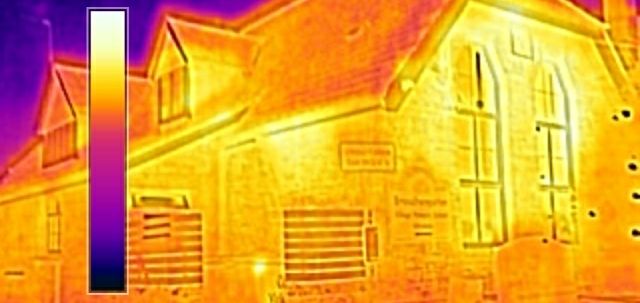The Great British Insulation Scheme (GBIS): A brief summary

If you are looking for a way to improve the energy efficiency of your home and save money on your bills, you may be interested in the Great British Insulation Scheme (GBIS). This is a new government scheme that will help around 300,000 households across the country with the cost of installing new home insulation.
What is the GBIS?
The GBIS is a supplier obligation scheme that will run from April 2023 to March 2026, although it will not be fully live until the summer of 2023. It is currently in the Early Delivery stage, so some access is available before it is fully live. It is administered by Ofgem and funded by medium and large energy companies. The scheme will mostly deliver single insulation measures, such as loft and cavity wall insulation, unlike the Energy Company Obligation (ECO) scheme, which takes a 'whole house' approach.
Who is eligible for the GBIS?
The GBIS will target low-income and vulnerable households, as well as those living in homes with an Energy Performance Certificate (EPC) rating of D-G, and within Council Tax bands A-D in England and A-E in Scotland and Wales. This means more people than ever, particularly those struggling with their bills, will be able get help with the cost of making their home more energy efficient.
How much will the GBIS cost?
The cost of installing insulation through the GBIS may be covered in full through the scheme, or you may be offered the insulation for a contribution, depending on the measure and any property issues. The scheme is expected to save consumers around £300 to £400 a year on their bills.
How to apply for the GBIS?
Once the scheme fully launches, households will be able to check their eligibility on GOV.UK or through a participating energy supplier or local authority. If you are eligible, you will then be contacted about arranging a survey of your home and to organise any installation.
Why should you apply for the GBIS?
The GBIS is a great opportunity to make your home more comfortable, reduce your carbon footprint and save money on your energy bills. By installing insulation, you can prevent heat loss and keep your home warmer in winter and cooler in summer. You can also help the UK achieve its net zero target by reducing greenhouse gas emissions from heating your home.
What are the eligibility criteria for GBIS?
There are some restrictions around EPC ratings and low cost measures for compliance with mandatory minimum energy efficiency standards. Rental properties will not qualify for insulation measures if they are below EPC rating E. There are also two separate eligibility groups:
- A general group.
- Council Tax bands A-D (A-E in Scotland and Wales), and
- EPC rating between D-G
- A low income group (must be on a qualifying benefit).
- EPC rating between D-G, and
- Means tested benefits similar to ECO4 benefits, or
- Least efficient Social Housing
- EPC rating between D-G, and
The GBIS is expected to fully launch this summer, so don't miss this chance to improve your home's energy efficiency. For more information contact your local Proficiency Retrofit Assessor. Simply enter your postcode and select the category “Domestic Retrofit Assessment” at https://proficiency.services/find-a-member
There is a guidance document on delivery of GBIS that was published by ofgem on 15th May. Not an easy read, however it is a pretty well-structured document with a clickable index that will take you straight to the specific section you are interested in. As a point of reference document, it does look very useful.
Note that this is described as "Delivery Guidance V 0.1 (Draft for comment)" so it would appear to be what will be applied to the early delivery, but may be subject to changes by the time it goes fully live and the self-referral facility is available.
